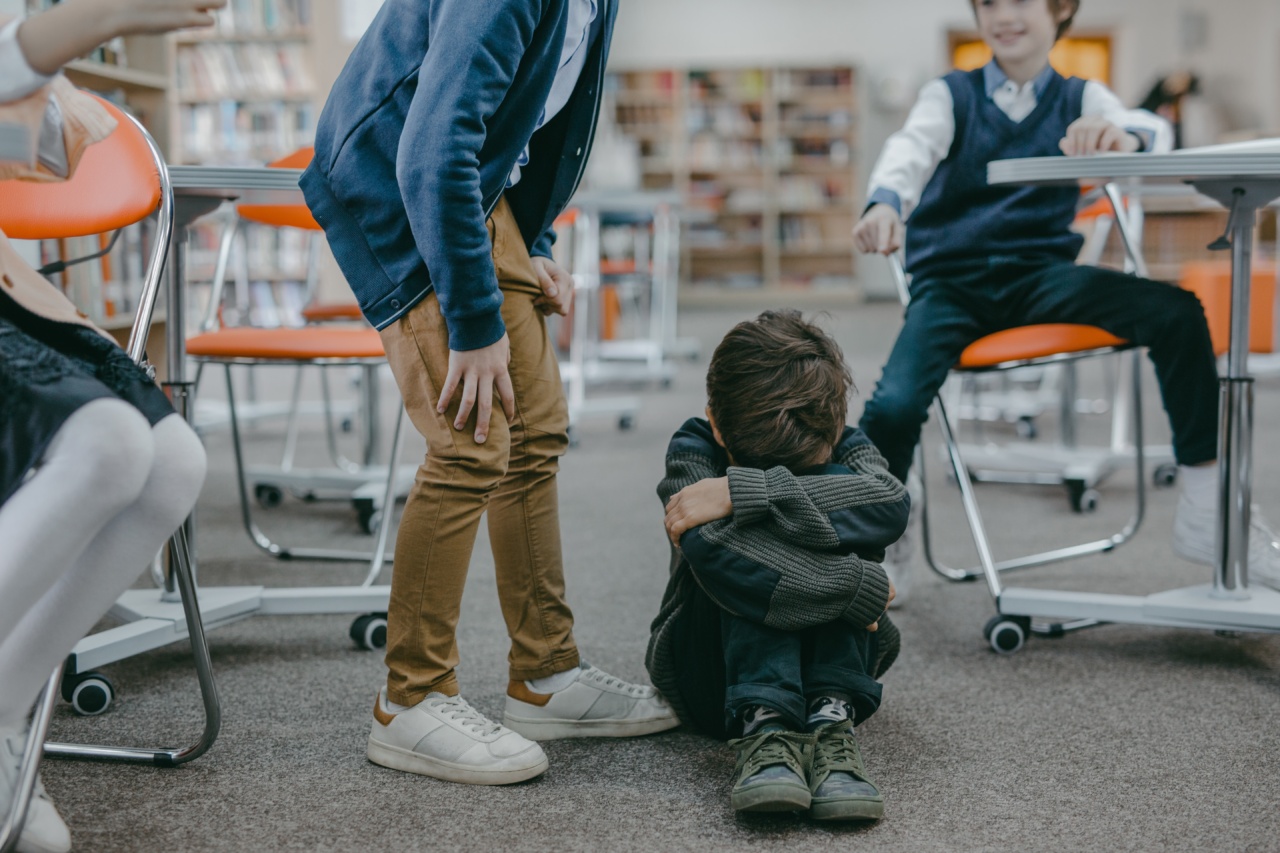Bullying has been a pervasive issue in schools all around the world. While most people associate bullying with victims who might appear vulnerable or less popular, it is important to acknowledge that even popular children can become targets of bullying.
In fact, the impact of bullying on popular children can be particularly detrimental, as they often face isolation, emotional distress, and a multitude of other long-term effects.
Understanding Popularity Among Children
Popular children in schools are often looked up to and admired by their peers. They possess certain qualities or attributes that make them stand out and attract attention.
They might be exceptionally outgoing, confident, or talented in various areas such as sports or academics. Being popular in school may come with its benefits, including increased social status and a greater sense of belonging.
The Myth of Invincibility
Contrary to popular belief, popular children are not immune to bullying. They may appear confident on the surface, but they too can experience the harmful effects of bullying.
In fact, the very qualities that made them popular can also make them targets among their peers. Jealousy, envy, and competition can arise, leading to bullying behavior from other students.
The Impact of Bullying on Popular Children
When popular children face bullying, it can deeply affect their emotional well-being. Bullying can result in feelings of isolation and rejection, as even their own friends might distance themselves to avoid being targeted as well.
This sudden exodus of support can leave popular children feeling vulnerable and confused.
Additionally, bullying can chip away at the self-esteem and confidence of popular children. Constant taunting, teasing, and negative comments can erode their self-perception and make them question their worth.
Bullying can have a long-term impact on their mental health, leading to anxiety, depression, and even suicidal thoughts.
The Role of Social Media
In today’s digitally connected world, bullying can extend beyond the confines of the schoolyard. Popular children, who often have a larger online presence, can become targets of cyberbullying.
Through social media platforms, bullies can engage in public shaming, spreading rumors, or even manipulating images to humiliate the popular child.
This constant exposure to online harassment can have profound psychological effects on popular children.
They may find it difficult to escape the onslaught of negative comments and malicious interactions, leading to increased feelings of helplessness and despair.
Supporting Popular Children
It is crucial for parents, educators, and peers to recognize the impact of bullying on popular children and provide support. Popular children may hesitate to report bullying incidents, fearing that it will tarnish their image or make them appear weak.
Creating a safe and empathetic environment can encourage them to share their experiences without judgment.
Encouraging open conversations about bullying and its potential impact can also help popular children understand that they are not alone in their experiences.
Educating them about strategies to deal with bullying, such as assertiveness training or seeking help from trusted adults, can empower them to address bullying incidents effectively.
Shifting the Culture
To combat bullying among popular children and foster a more inclusive environment, it is necessary to shift the culture within schools. This includes promoting empathy, kindness, and acceptance as core values.
Encouraging collaboration and celebrating individual strengths can contribute to a healthier social dynamic that discourages bullying behavior.
Creating support systems within schools, such as peer mentoring programs or anonymous reporting systems, can also empower popular children to seek help when needed.
By addressing the issue collectively, schools can work towards eradicating bullying and ensuring the well-being of all students, regardless of their popularity.
The Long-Term Effects
The impact of bullying on popular children can extend well beyond their school years. The emotional scars left by bullying can affect their future relationships, academic performance, and overall mental health.
It is essential to address the issue promptly and provide the necessary support to minimize the long-term effects.
By fostering a culture of empathy and understanding, schools can create an environment where all children can thrive, regardless of their popularity or social status.
It is crucial to remember that no child deserves to be subjected to bullying, and every child deserves a safe and nurturing educational experience.































